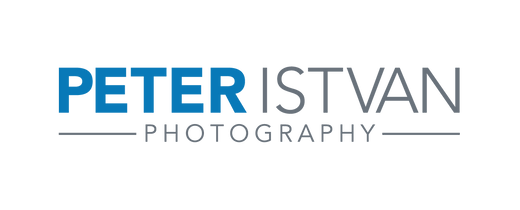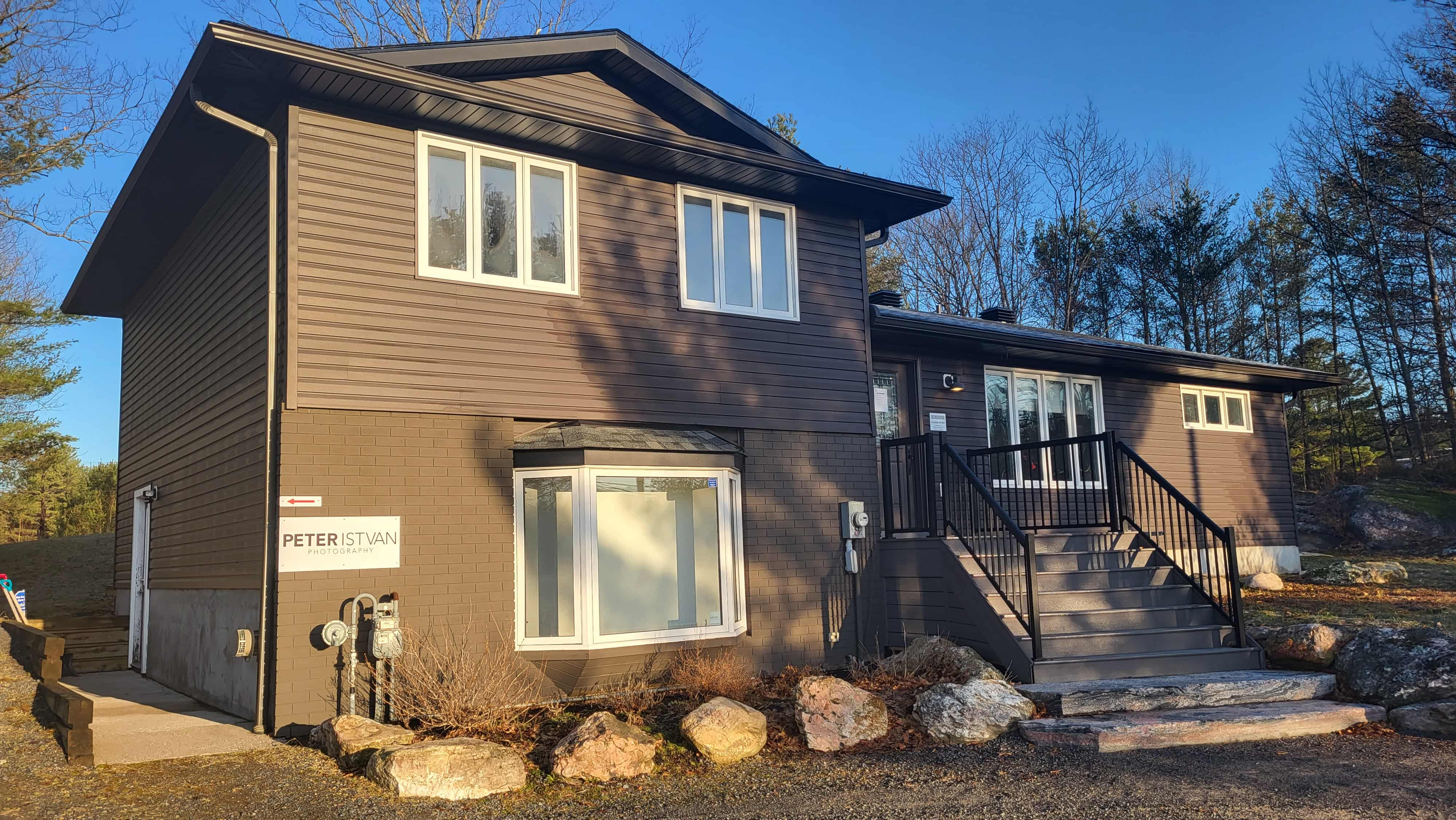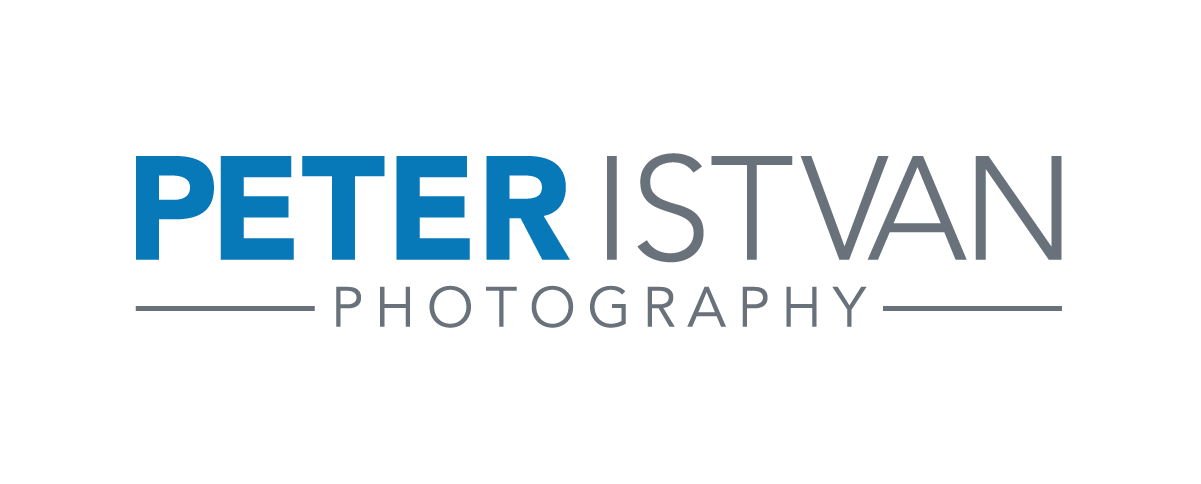I have the wonderful opportunity to meet and photograph all kinds of amazing human beings.
While they are in studio, it is a privilege to learn about their businesses, or the work they do, their family, their interests, and hear a little bit about their story.

Leah Leslie is a talented musician, and also a Destination Coach, helping resorts maximize their revenue and profit, by developing a customized sales and marketing strategy.

What inspired you to develop your idea of get into your business?
My business has two separate streams. One is sales & marketing guidance and support for resorts, hotels and destination marketing companies. The other is live entertainment.
For the first ten years of my adult life, I worked as a professional musician, supplementing my income with jobs in restaurants and bars. This led to a sales & marketing career in hospitality and tourism, eventually leading sales and marketing teams for global hotel chains. I worked in national sales, various downtown and suburban destinations, a luxury resort and a call centre, opening two brand-new businesses and navigating multiple brand and ownership transitions. This broad range of experience gave me valuable knowledge and skills that I have applied in countless situations.
In 2021, during the pandemic, I suddenly became unemployed and I needed to come up with a plan. To me, tourism and the arts go hand in hand, and they are critically important to the economic health and spirit of our community. I decided to start a business of my own, offering services in both areas.
How have your priorities changed from when you first started?
At first, I thought my consulting business would be the main pursuit and the music would be more part-time. Now I am playing music on a regular basis, whereas a consulting contract can run for a few months, with a pause until the next opportunity arises.
Knowing what you know now, is there anything you would have done differently when you were first starting out?
I consider my business to be in the "start-up" phase now, so at this point I am absolutely OK with the way things have been going so far.

What challenges did you have to overcome at the beginning of your journey?
Finding my first consulting job took a few months, so cash flow was a challenge at first. Musically, it took some time to build a reputation in the community so that potential venues felt confident hiring me. The nitty-gritty of running my own business was a learning experience. For example, as a sole proprietor, I was not aware that I was required to keep a log of every single trip in my vehicle in order to claim business travel expenses as a deduction with Revenue Canada. This year I activated the mileage tracker in my Quickbooks app so that my phone keeps a log of all trips. Even this turned out to be something that needed to be monitored because sometimes the auto-tracking would turn off and I would have to re-start. In that case, I had to go back and enter every bit of mileage manually, which was a bit of a guessing game!
How do you define success?
In the past, when I led a team of people, I measured my success by theirs. If they did well, if they grew in their roles, then I was successful. I also felt successful when a member of my team felt comfortable challenging me, because that meant that we had built a culture of trust.
Now that I am working alone most of the time and I do not have any direct reports, success is knowing that I have done my best on a project and learning from wins, losses and mistakes so that I can do even better next time. This mindset can be applied to the relationships I have with my clients. Trust must be earned, and this happens through open, respectful, pro-active communication. Measuring results is really important, but sometimes you can do your best and the results are not what you had hoped for. It is important not to be discouraged by this but to use the experience to learn, grow and adjust accordingly.
When I was younger and I had a family to support, success was all about making money: advancing in the company, making more money, winning awards so that I could advance to the next level, achieve the next big promotion. Now that I have only myself to support, I can focus more on the quality of the work I do and the fulfilment it brings me, rather than the earning potential, recognition from my peers and "the brass" or the prestige of a big title.
What is keeping you up at night?
Nothing keeps me up at night, unless someone I love is experiencing difficulty.
Describe some of your key routines or habits that you have to keep you going?
See above. The routines that keep me going have nothing to do with work responsibilities. Many years ago, Ron Harrison, President of Marriott Hotels of Canada, when asked for his advice, said "Do something every day, that makes you sweat." I believe this was great advice. When I pay attention to my physical and mental health, I find that energy, focus and the ability to set and accomplish goals are my reward. I make sure to get a good night's sleep, eat healthy food, stay very active outdoors, have fun and seek cultural enrichment. Living in Muskoka makes this easy. Swimming, hiking, waterskiing, cross-country skiing, skating, downhill skiing, kayaking, art, literature, music. When I need to re-centre, I cook. Cooking is meditative for me. I set aside lots of time to spend with family and friends. I love being with all the people and dogs in my world.
Do you, and/or, how do you find time to develop your creative process?
This is really important in both areas of my work, but the creative urge comes and goes.
With music, I can keep the creative river flowing by practicing guitar and listening to music, but life events and interaction with others are the wellspring for new ideas. Musical friends share ideas for arrangements and material selection. For example, after reading Roy MacGregor's book "Northern Light" about Tom Thomson's love interest, Winnie Trainor, I felt inspired to write a song about her. I sent the first draft to my friend Brad, who collaborated with another friend to help me make the song better.
The creative process in my consulting business also comes from collaborating with other people, primarily clients, customers and industry colleagues. It is important to listen for ideas coming from unexpected places, from people who might make observations or suggestions from a completely different perspective.

What are some hard choices that you had to make to get where you are?
Re-assess my financial situation. Strangely, one of the hardest choices for me was to cut down on Christmas gifts.
What book and/or podcast are you enjoying right now?
Roy MacGregor's "Paper Trails" is the story of Roy's own life and career. as a journalist and author. The book is fascinating, funny, poignant and relevant. He grew up in Huntsville, Ontario and Algonquin Park, so the setting is familiar and that makes the story especially compelling to me. Leah posts:
It’s good to be back! This month my favourite reading material has been “Paper Trails” by Roy MacGregor (such a pleasure to read! Funny, poignant, familiar.) This brought me back to a song I started writing quite some time ago, inspired by his book “Northern Light.” My friends Brad and Peter Wainwright are helping me make the song better but in the meantime, here is a first draft of “Winnie’s Song,” along with a bit of the story. Listen here
What is one thing people would never guess about you?
I am such an open book, it's hard to think of anything that I don't share openly with anyone who will listen! Maybe it would be surprising to learn that I am absolutely fascinated by funguses. When I go into the woods, I am always looking for an interesting fungus or mushroom on a dead tree.

What is one thing you wish people knew about you?
See above. Everyone knows everything. I over-share.
Where can you find Leah:
Images from Leah Leslie's social media:




